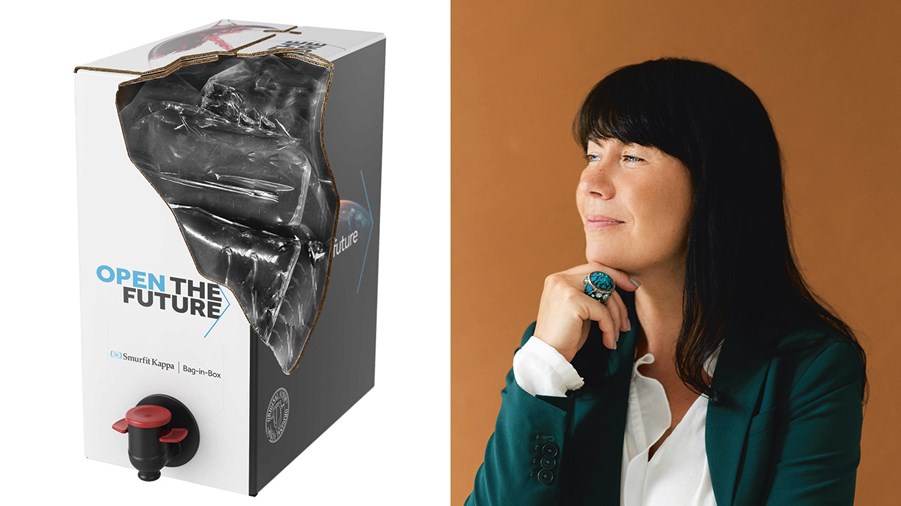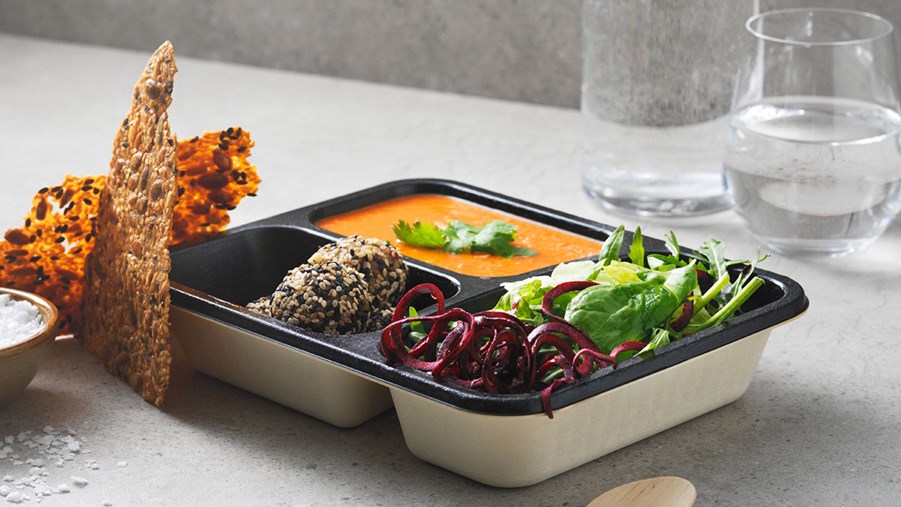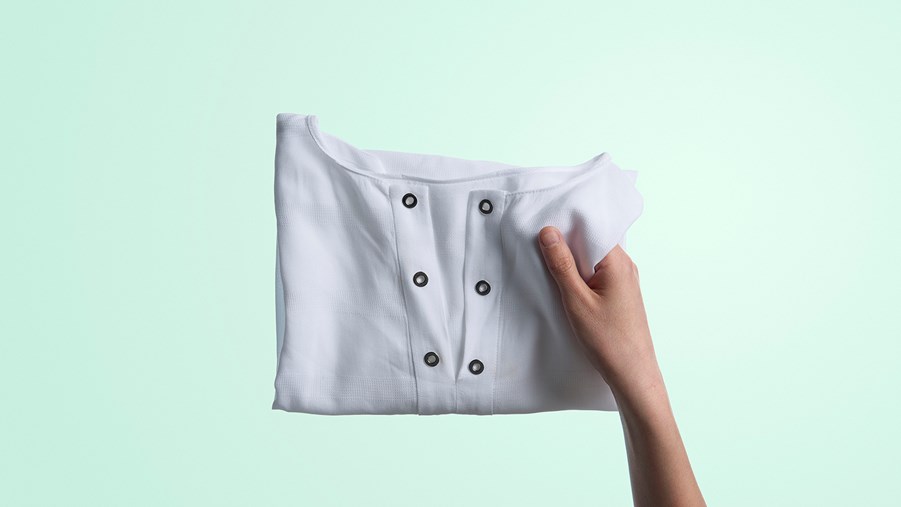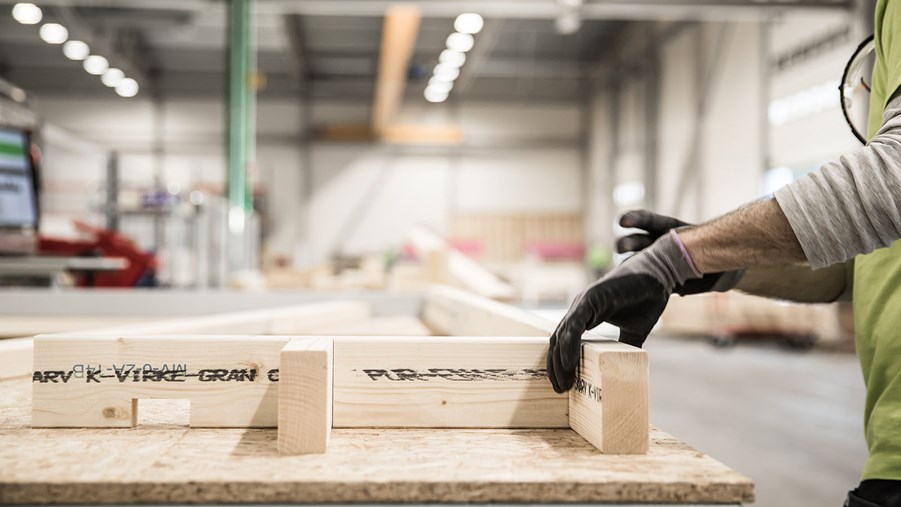
What are the environmental benefits of Smurfit Kappa’s bag-in-box solution?
“There are several. One is the low weight compared to glass, as transport emissions increase with material weight. The square shape is another benefit. Partly because we can fill the box to the limit and thus avoid transporting air, and partly because it’s simpler to pack close together and transport efficiently compared to a traditional bottle. What’s more, our bag-in-box solution comprises 75 per cent paper and just 25 per cent plastic. The paper is 85 per cent recyclable, making the BIBs ideal for circular systems. The cardboard box can be made into new paper products, and the plastic bag can also be recycled.”
Are there any other advantages to you bag-in-box solution?
“The packaging doesn’t let in any air, which increases the shelf-life of the liquid contents. Also, more and more consumers have now learnt how to get everything out of the box so they don’t have to throw the last liquid away.”
Apart from wine, what other products can be packed in bag-in-boxes?
“More and more brands are now focusing on sustainable packaging solutions to reduce their climate footprint, and there is a major demand at the moment. Water, dairy products, cooking oils, shampoo and engine oil are some of the products currently moving from hard plastic and metal packaging to different bag-in-box solutions.”
What other trends can you see on the market right now?
“In France there’s huge interest in larger refill boxes: a customer takes their own bottle to the shop to refill, say, their olive oil from a large bag-in-box. Since the bag inside the box is airtight, it’s also an ideal solution from a food hygiene perspective.”
Who is driving the change towards more sustainable packaging consumption?
“There are many stakeholders who can help us change attitudes towards sustainable packaging. Companies like ourselves and also consumers are very important. Modern consumers want to know how a product is produced and how it affects the environment. Individual organisations like the WWF and Rainforest Alliance also play an important part, as do legislators and politicians. The EU ban on disposable plastic will have a major impact on the transition to more sustainable solutions.”



